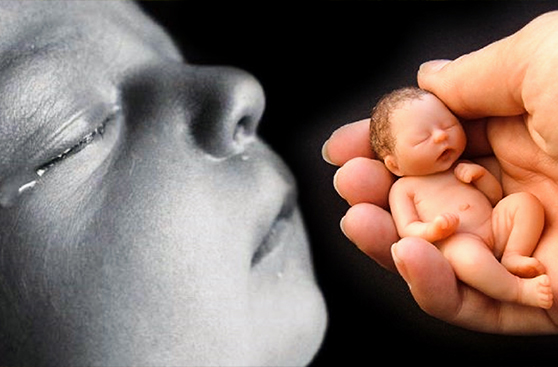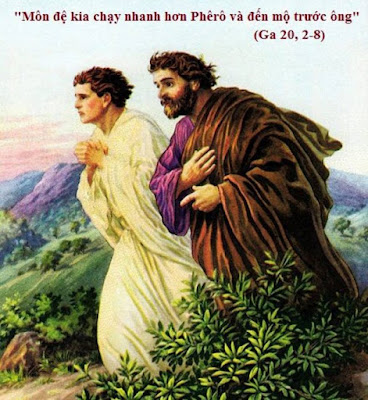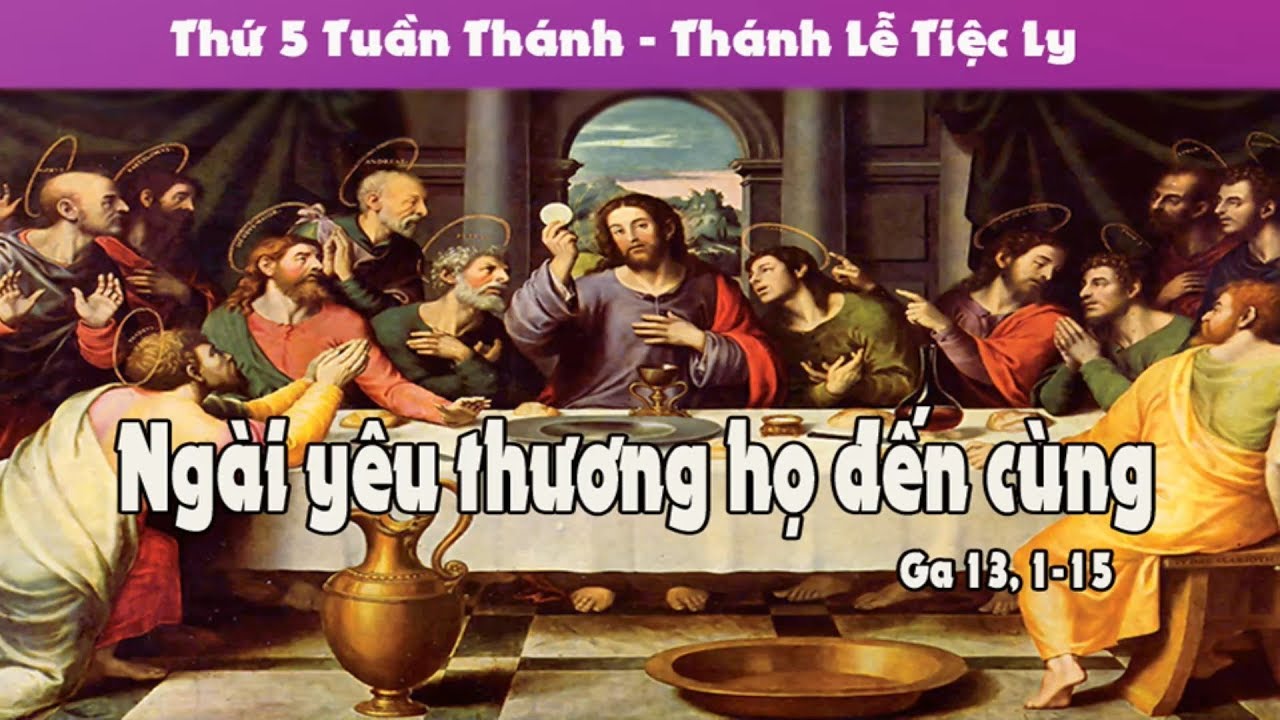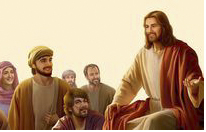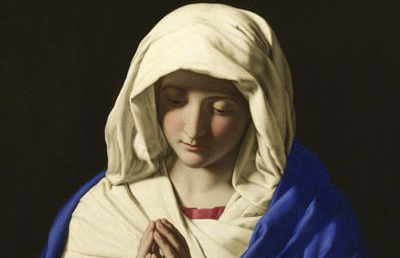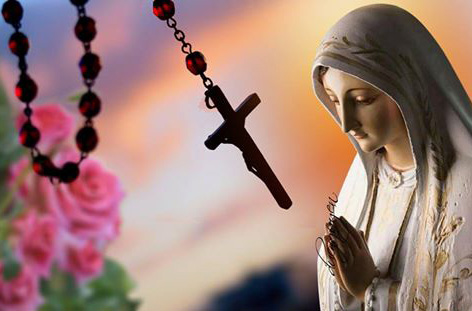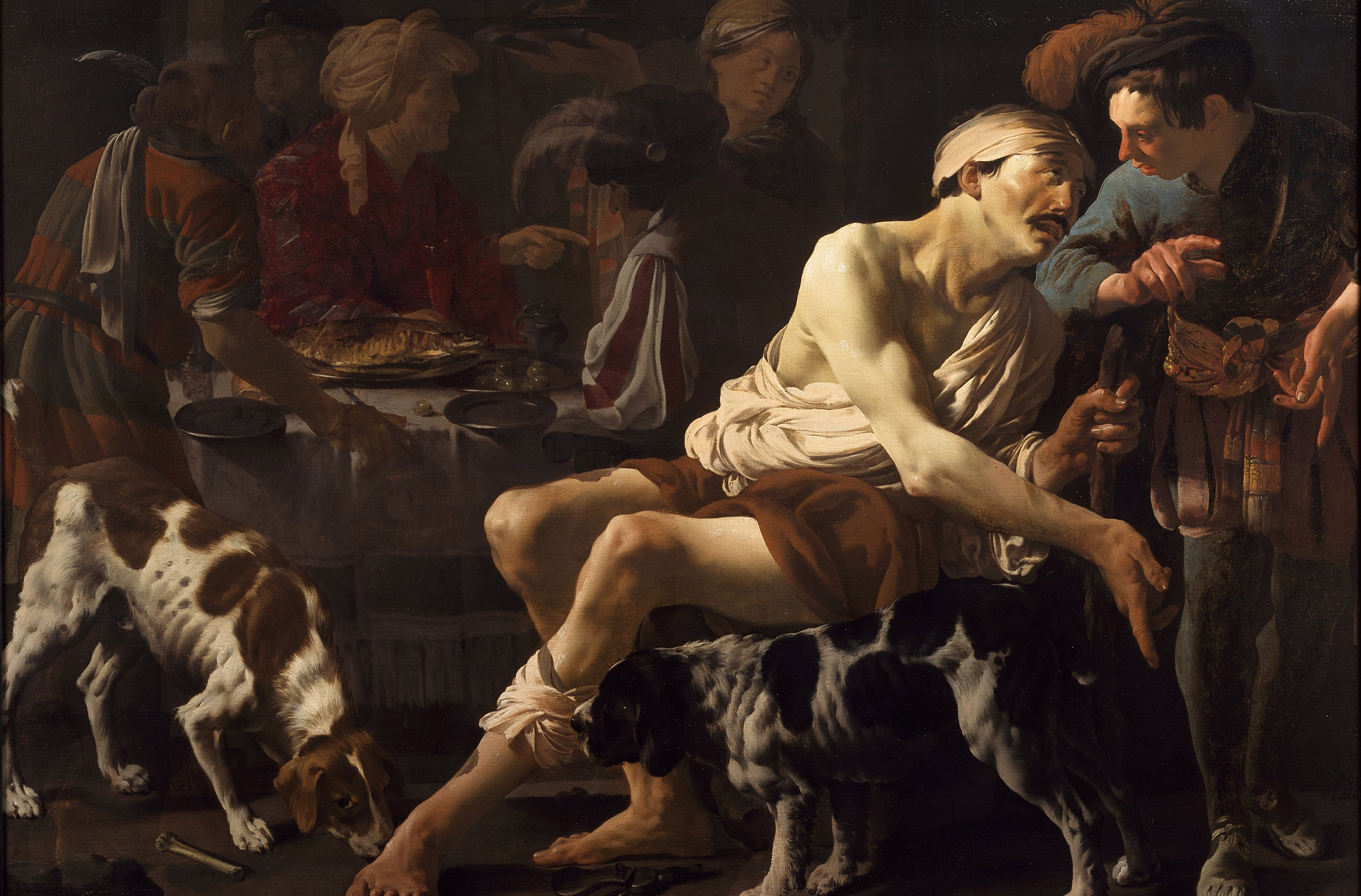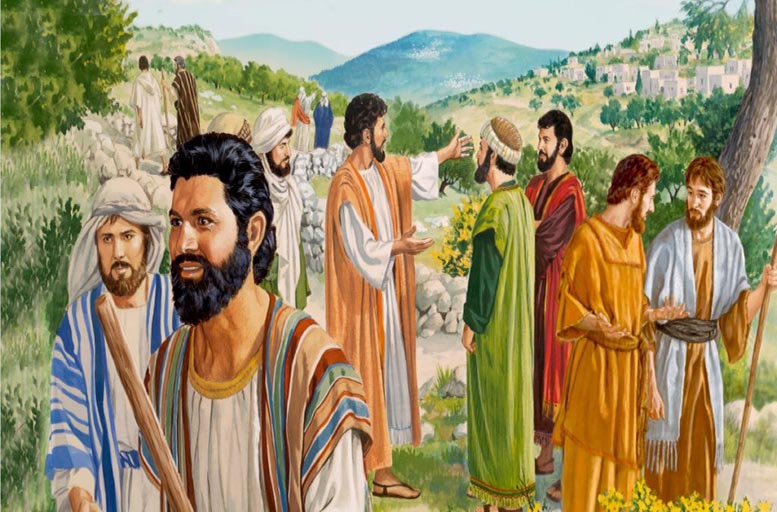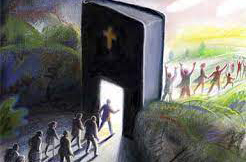Reflection
24th Sunday in Ordinary Time | Year C
Luke 15:1-32
The tax collectors and the sinners were all seeking the company of Jesus to hear what he had to say, and the Pharisees and scribes complained. "This man” they said “welcomes sinners and eats with them." So he spoke this parable to them:
"What man among you with a hundred sheep, losing one, would not leave the ninety-nine in the wilderness and go after the missing one til he found it? And when he found it, would he not joyfully take it on his shoulders and then, when he got home, call together his friends, and neighbours?” “Rejoice with me,” he would say “I have found my sheep that was lost.” In the say way, I tell you, there will be more rejoicing in heaven over one repentant sinner than over ninety-nine virtuous men who have no need of repentance.
"Or again, what woman with ten drachmas would not, if she lost one, light a lamp and sweep out the house and search thoroughly till she found it? And then, when she had found it, call together her friends and neighbours? “Rejoice with me,” she would say “ I have found the drachma I lost.” “In the same way, I tell you, there is rejoicing among the angels of God over one repentant sinner.”
He also said, "A man had two sons. The younger said to his father, “Father, let me have the share of the estate that would come to me.”' So the father divided the property between them. A few days later, the younger son got together everything he had and left for a distant country where he squandered his money on a life of debauchery
When he had spent it all, that country experienced a severe famine, and now he began to feel the pinch, so he hired himself out to one of the local inhabitants who put him on his farm to feed the pigs. And he would willingly have filled his belly with the husks the pigs were eating but no one offered him anything. The he came to his senses and said, “How many of my father's paid servants have more food than they want, and here am I dying of hunger! I will leave this place and go to my father and say: "Father, I have sinned against heaven and against you; I no longer deserve to be called your son; treat me as one of your paid servants." So he left the place and went back to his father.
While he was still a long way off, his father saw him and was moved with pity. He ran to the boy, clasped him in his arms and kissed him tenderly. Then his son said, “Father, I have sinned against heaven and against you, I no longer deserve to be called your son.” But the father said to his servants, “Quick! Bring out the best robe and put it on him; put a ring on his finger and sandals on his feet. Bring the calf we have been fattening, and kill it; we are going to have a feast, a celebration, because this son of mine was dead, and has come back to life; he was lost, and is found.” And they began to celebrate.
Now the elder son was out in the fields, and on his way back, as he drew near the house, he could hear the music and dancing. Calling one of the servants he asked what it was all about. “Your brother has come” replied the servant “and your father has killed the calf we had fattened because he has got him back safe and sound.” He was angry then and refused to go in, and his father came out to plead with him; but he answered his father, “Look, all these years I have slaved for you and never once disobeyed your orders, yet you never offered me so much as a kid for me to celebrate with my friends. But, for this son of yours, when he comes back after swallowing up your property - he and his women - you kill the calf we had been fattening.”
The father said, “My son, you are here with me always and all I have is yours. But it was only right we should celebrate and rejoice, because your brother here was dead and has come to life; he was lost and is found."
Reflection
One of the things parents fear the most is being separated from their children and not knowing what is happening to them. This is true even when children have grown into adulthood. In the earthquakes in Christchurch and the recent ones in Wellington, as soon as the shaking stopped people set out to find their loved ones, with parents being particularly anxious to find their children. Parents trying to contact children, both small children and adult children, would have been a major factor in the mobile networks becoming overloaded.
Becoming a parent is a watershed moment which alters life’s priorities, unleashing deep emotions and fears. As the child grows the parents are able to largely control the safety factors in the child’s environment. But no parent can avoid the moment faced by the father in the parable, the moment when his son decided to leave home.
Letting go as a child grows into an adult is not easy, and to his credit the father allowed the son to go. We prepare our children for that moment throughout their growth, and particularly in their teenage years as they develop the skills needed to support themselves. As adult children leave to make lives of their own, new layers of emotions emerge for parents. They may be close to events in their child’s life over which they have no control, and in which they can only be supporters and advisors rather than decision-makers. When adult children develop serious physical or mental illness, can’t find work, or have marriages or partnerships which are harmful, parents experience the pain very deeply.
For parents whose adult child leaves and does not keep in touch there is profound fear about what is happening to their son or daughter. That must have been the case for the father in the parable. In Jesus’ time there would have been little, if any, communication with the “distant country” so the father probably knew nothing about what was happening to his son. For the father there would have been an aching hole created by uncertainty and easily filled by fear.
The parable of the prodigal son is usually interpreted as being about forgiveness, with a sideline about the jealousy or sibling rivalry of the older brother. However every parent will also identify with the father’s profound relief when his son returned, as the fears which had haunted him since the son’s departure were eased.
Jesus gave us this parable for parents as well as for sinners in need of forgiveness.
The List of Contributions Received by Caritas Vietnam
1. The list of 2024 contributions to the Caritas Vietnam general charity fund
2. The list of 2023 contributions to the Caritas Vietnam general charity fund
Latest project information
Copyright © 2018 by COMMISSION on CHARITY and SOCIAL ACTIONS - CARITAS VIETNAM
Total visits: 25,261,096


